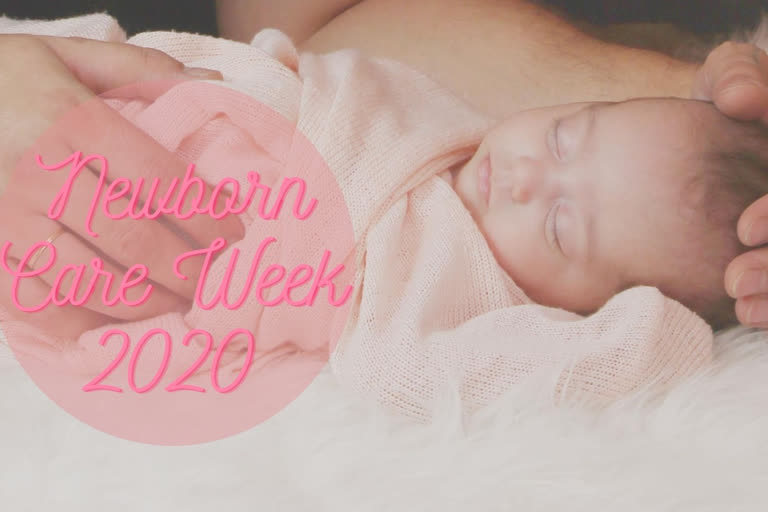The National Health Portal (NHP) of India states, “The neonatal period (the first 28 days of life) is the crucial period for child survival; as this period carries the highest risk of deaths per day than any other period during childhood. The first month of life is also a foundational period for lifelong health and development. Healthy babies grow into healthy adults who can thrive and contribute to their communities and societies”.
Causes Of Newborn Deaths
While most newborn deaths happen in the first 28 days of birth, the main causes of such an event include:
- Prematurity or preterm birth
- Complications during delivery
- Neonatal infections
- intrapartum-related complications
WHO states that from the end of the neonatal period and through the first 5 years of life, the main causes of death are pneumonia, diarrhea, birth defects, and malaria. Malnutrition is the underlying contributing factor, making children more vulnerable to severe diseases.
How To Care For A Newborn?
After looking at the stats, you may wonder what care should be given to a new-born baby. Therefore, here is what you can do as per WHO’s recommendation:
All babies should receive the following:
- thermal protection (e.g. promoting skin-to-skin contact between mother and infant);
- hygienic umbilical cord and skincare;
- early and exclusive breastfeeding;
- assessment for signs of serious health problems or need of additional care (e.g. those that are low-birth-weight, sick, or have an HIV-infected mother
- preventive treatment (e.g. immunization BCG and Hepatitis B, vitamin K and ocular prophylaxis)
Families should be advised to:
- seek prompt medical care if necessary (danger signs include feeding problems, or if the newborn has reduced activity, difficult breathing, a fever, fits or convulsions, or feels cold);
- register the birth;
- bring the baby for timely vaccination according to national schedules.
COVID-19 And new-born Care
It is still not known if the novel coronavirus can be transmitted from a mother to her baby during pregnancy, delivery, or while breastfeeding. However, here is what you need to remember as stated by the Centres for Disease Control and Prevention (CDC):
- If you are diagnosed with or test positive for the virus that causes COVID-19, you should discuss with your healthcare provider the risks and benefits of having your newborn stay in the same room with you.
- Wash your hands with soap and water for at least 20 seconds before holding or caring for your newborn. If soap and water are not available, use a hand sanitizer with at least 60% alcohol.
- Wear a mask when within 6 feet of your new-born, especially while breastfeeding.
- Keep your new-born more than 6 feet away from you as much as possible.
- Discuss with your healthcare provider about using a physical barrier (for example, placing the new-born in an incubator) while in the hospital.
- Do not put a face shield or mask on your baby. A face shield could increase the risk of sudden infant death syndrome (SIDS) or accidental suffocation and strangulation.
- Ensure safe sleep for your baby. Safe sleep is an important part of keeping babies healthy.
